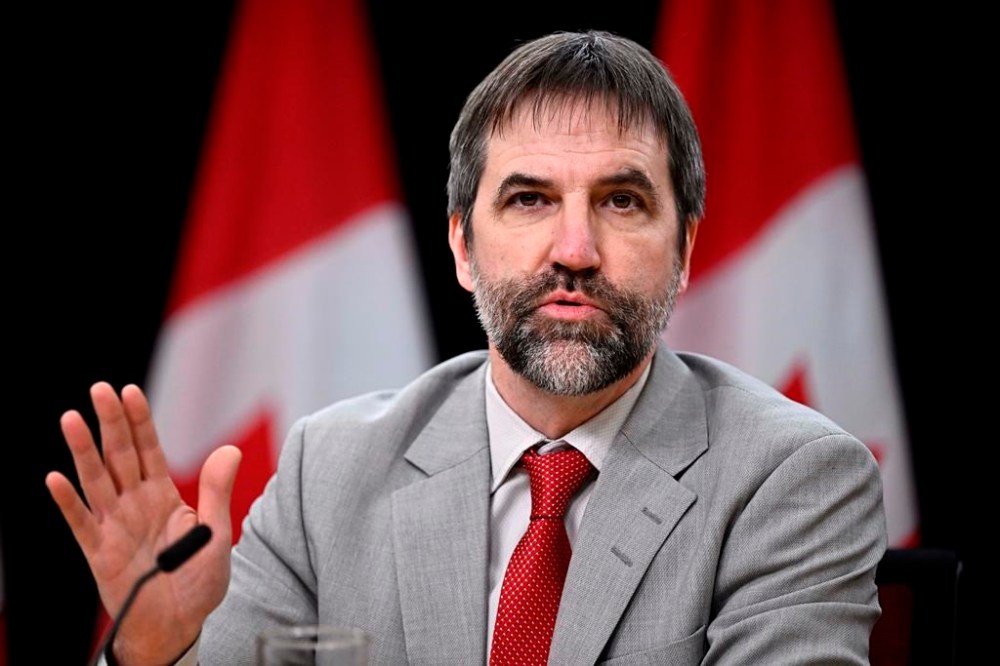Ottawa and Quebec to create protected marine park near Anticosti Island
Advertisement
Read this article for free:
or
Already have an account? Log in here »
We need your support!
Local journalism needs your support!
As we navigate through unprecedented times, our journalists are working harder than ever to bring you the latest local updates to keep you safe and informed.
Now, more than ever, we need your support.
Starting at $15.99 plus taxes every four weeks you can access your Brandon Sun online and full access to all content as it appears on our website.
Subscribe Nowor call circulation directly at (204) 727-0527.
Your pledge helps to ensure we provide the news that matters most to your community!
To continue reading, please subscribe:
Add Brandon Sun access to your Free Press subscription for only an additional
$1 for the first 4 weeks*
*Your next subscription payment will increase by $1.00 and you will be charged $20.00 plus GST for four weeks. After four weeks, your payment will increase to $24.00 plus GST every four weeks.
Read unlimited articles for free today:
or
Already have an account? Log in here »
Hey there, time traveller!
This article was published 24/11/2023 (718 days ago), so information in it may no longer be current.
MONTREAL – Ottawa and Quebec have announced their intention to protect the waters near a picturesque territory in the Gulf of St. Lawrence that was recently named a UNESCO World Heritage Site.
Federal Environment Minister Steven Guilbeault and his provincial counterpart, Benoit Charette, said today they’re taking the first steps toward creating a protected marine park off Anticosti Island.
They say the proposed site, stretching north from the island to the Mingan Archipelago National Park Reserve, is home to marine mammals — including the endangered North Atlantic right whale — as well as colonies of seabirds and important fish populations.

Anticosti Island was added in September to the United Nations’ list of places with outstanding universal value to humanity, and it is said to contain the best-preserved fossil record of marine life covering 10 million years of Earth history.
Charette says the process of creating the marine park could take several years and will include consultations with local and regional authorities, research groups and Indigenous communities.
Charette and Guilbeault say the park will help their governments meet the target set last year at a Montreal global biodiversity summit of protecting 30 per cent of land and water by 2030.
This report by The Canadian Press was first published Nov. 24, 2023.
